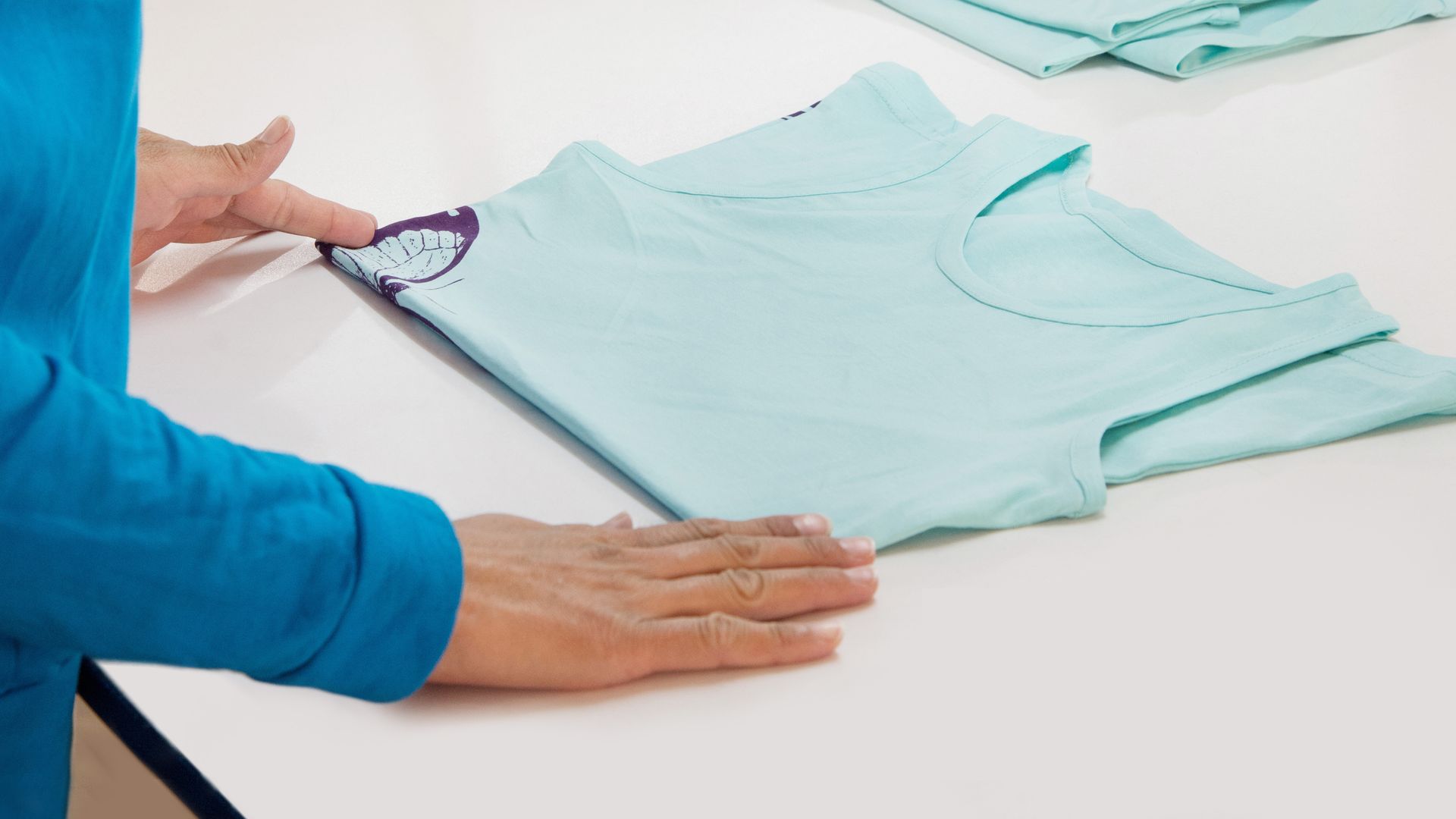APEO Chemical Management for Textile
APEOs (Alkylphenol ethoxylates) are a group of organic compounds often found in textile and leather products as a result of chemicals used in manufacturing. APEOs break down into compounds that are toxic to fish and invertebrates, that don’t break down easily, and that can potentially impact human reproductive, neurological, and immune systems.
Tightened restrictions for products imported or sold in the EU can keep textile and footwear products off the market and lead to fines, injunctions, criminal charges, bad press, and seizure or destruction of goods. A partnership with an experienced and dedicated third-party lab testing, audit, and certification service can help you avoid product failures due to APEO contamination and determine why a product failure has occurred.
Need more information?
By contacting QIMA you agree to our privacy policy and terms and conditions.
Chemical Management Expertise
QIMA is an established industry leader in quality testing, audit and inspection. We stay current on national and international regulatory standards, we can customize our service for client-specific requirements, and we can deliver rapid lab testing, audit and inspection reports at all stages of your product’s life cycle.
QIMA Laboratory Tests ensure that your products do not exceed APEO limits and consistently meet the standards and regulations of your destination market. We can conduct lab tests at every stage of your production cycle, including pre-production, production, and after market, testing samples of raw materials as well as finished products. Our sample collection process ensures that we evaluate a representative sample, not just the sample a supplier may want you to test.
QIMA audit team collect background information of your manufacturers and provide onsite audit to help you identify where APEO might be present during the production process. We will evaluate the manufacturers’ quality system particularly on chemical substance control to ensure the system meet regulatory requirements.
QIMA’s Failure Analysis Service helps you find out why products have failed due to the presence of APEOs. We can help evaluate your manufacturing processes and chemicals, investigate supply chain inputs, and test sourced products, finished products, and chemical formulations. Through extensive root cause analysis, we work with you to ensure that your products and processes don’t contribute to APEO pollution.
Why Eliminate APEOs?
APEO metabolites, primarily nonylphenol, are not only toxic to aquatic wildlife. They are stored in fatty tissues and accumulate, then they can move up the food chain. Studies examining the effects of APEOs and their metabolites on people suggest they have an impact on fertility and unborn children.
APEO metabolites don’t break down easily. They persist and accumulate in aquatic environments. Treatments can remove large amounts of APEOs, but not all wastewater is adequately treated. APEOs and their metabolites are in our food and drinking water. The effects are cumulative and continued use of APEOs only adds to the amount of nonylphenol in the environment.
Minimizing APEO Risks
Most APEO pollution comes from industrial sources, but residues in final products can also end up in the environment through washing or exposure to the elements. APEOs have been used in textile manufacturing for decades. They can be found in:
| Detergents Softeners Scouring agents Lubricants Down/feather fillings | Coating films Wetting agents Glues and adhesives Spinning oils Emulsifying agents | Dispersing agents Penetration agents Degumming for silk production Dye/pigment preparations Polyester padding |
Due to the proliferation of APEOs in the industry for decades, clothing, footwear, bags and many other products can end up with residual APEOs, regardless of whether APEO were used intentionally. For products imported to or sold in the EU, REACH regulation limits the concentration of APEOs to 0.01% or 100ppm.
To minimize APEO contamination risks:
Evaluate your chemicals. Check Safety Data Sheets (SDS) and contact suppliers to confirm that they do not contain more than 100 ppm of APEOs or any intentionally added APEOs. Ask for certification and/or third-party test results.
Source safer alternatives. Request chemicals and materials that do not have added APEOs. Ask for formulations with safer ingredients: EPA Safer Ingredients
Examine your supply chain. Limits apply to all or part of your product. Each component could keep your product off the market. Contact suppliers to confirm that they are using only compliant chemicals in their processes and ask for test results.
Evaluate stockpiles. Materials in storage might still contain higher levels of APEOs and can lead to product failures. Have samples of stock tested for APEOs.
Test your products. Send samples of sourced materials to a third-party laboratory for professional testing prior to production. Have finished products tested as well to ensure compliance.
QIMA Benefits
Global coverage in over 100 countries in Asia, Africa, Europe, North and South America.
Flexibility with fully customizable programs and reports to save time and cost.
Risk-based approach with analytical data to help you proactively identify and prevent quality and safety issues in your supply chain.
Fully certified and accredited to all major inspection, audit, and testing schemes.
Custom dashboard to identify trends and make informed decisions in real time.
Personalized service with dedicated account manager and 24-hour customer support.
Ranked #1 in the industry for customer satisfaction based on independent NPS measurement.
